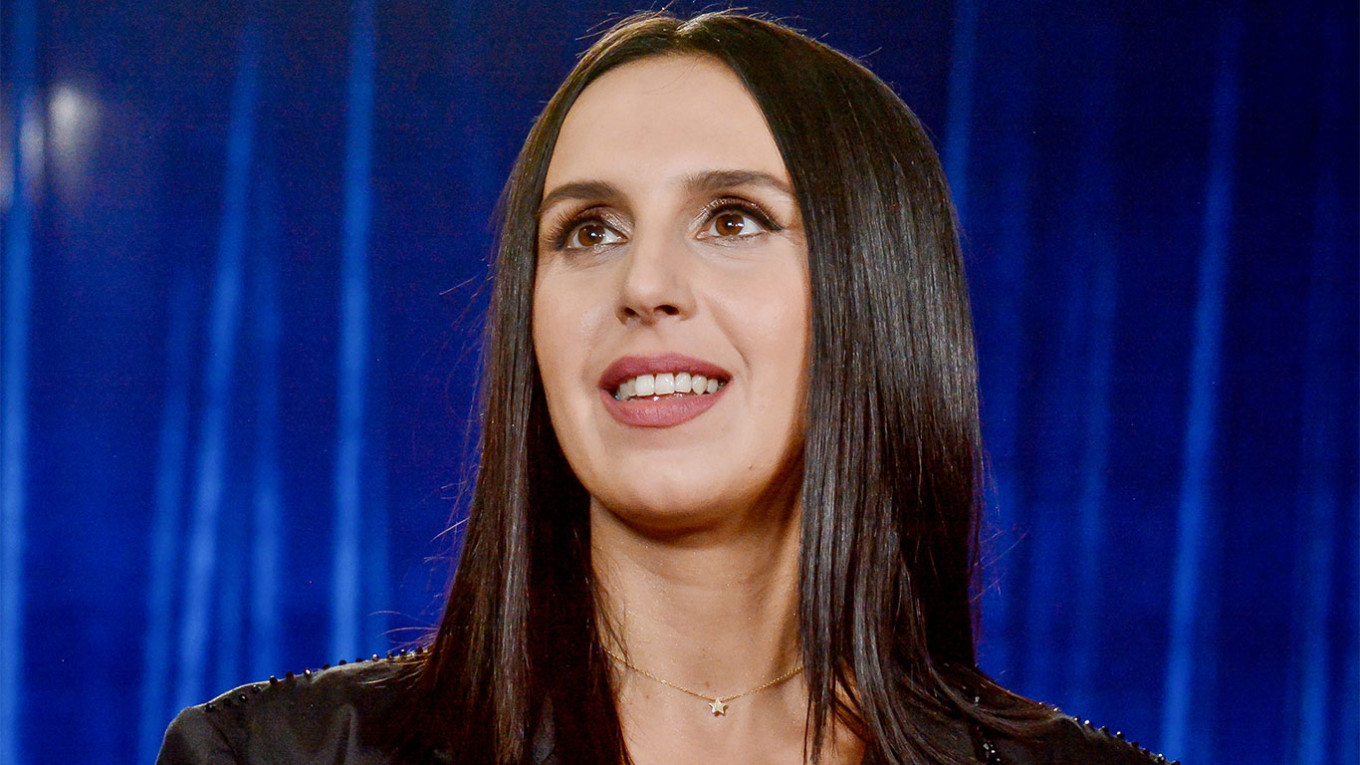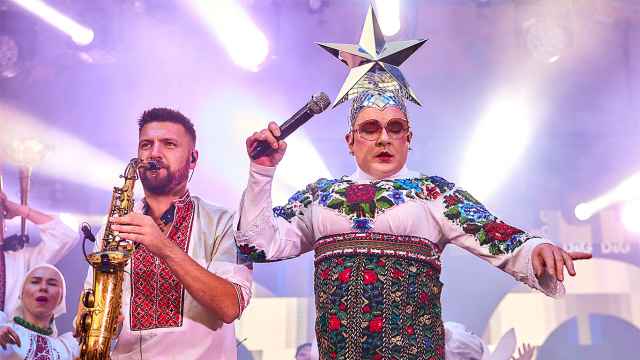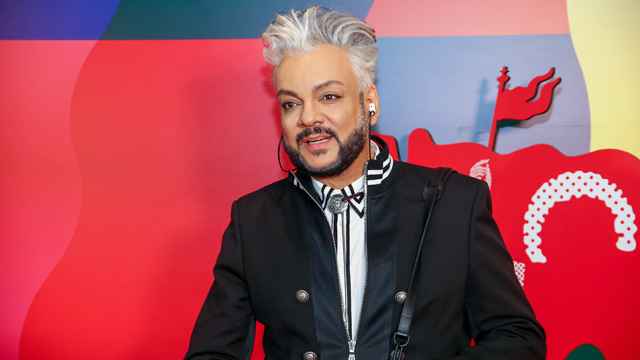Russia has placed Ukrainian singer Jamala on its federal wanted list on unspecified criminal charges, Russian state agencies reported Monday.
The singer's name and photo appeared on the Interior Ministry's database, without further information about what she was accused of doing.
A singer of Crimean Tatar origin, Jamala won the 2016 Eurovision contest with “1944,” a song about the deportation of the Crimean Tatars under Stalin, with a performance that alluded to more contemporary repressions of Crimean Tatars under Russian rule.
The Crimean Peninsula, internationally recognized as part of Ukraine, was annexed by Russia in 2014 and acted as a vital staging ground for Moscow's February 2022 full-scale invasion.
According to Human Rights Watch, Russian authorities have “relentlessly persecuted” Crimean Tatars for their opposition to Russian rule since 2014, portraying politically active members of the community as extremists and terrorists and subjecting them to harassment, threats, media bans, criminal prosecution, torture, and enforced disappearances.
Jamala herself was banned from returning to Crimea, but recently released a new album focused on preserving threatened traditional Crimean Tatar music.
She has also been active in bringing international attention to the war in Ukraine.
“No matter where I am, the first priority for me is to remind that foreigners came to my house to kill and mutilate life, to destroy and rewrite my culture, she said at a meeting with Ukrainian President Volodymyr Zelensky before a trip to the U.S. in 2022. “It happened in 1944, and then in 2014, and now again. Now everyone in Ukraine understands that this can happen to anyone, if evil is not stopped and brought to justice for crimes.”
After news about the criminal charges came out, the singer posted an Instagram story with a photograph of herself in front of the Sydney Opera House with the headline of an article about the case and a facepalm emoji.
A Message from The Moscow Times:
Dear readers,
We are facing unprecedented challenges. Russia's Prosecutor General's Office has designated The Moscow Times as an "undesirable" organization, criminalizing our work and putting our staff at risk of prosecution. This follows our earlier unjust labeling as a "foreign agent."
These actions are direct attempts to silence independent journalism in Russia. The authorities claim our work "discredits the decisions of the Russian leadership." We see things differently: we strive to provide accurate, unbiased reporting on Russia.
We, the journalists of The Moscow Times, refuse to be silenced. But to continue our work, we need your help.
Your support, no matter how small, makes a world of difference. If you can, please support us monthly starting from just $2. It's quick to set up, and every contribution makes a significant impact.
By supporting The Moscow Times, you're defending open, independent journalism in the face of repression. Thank you for standing with us.
Remind me later.






